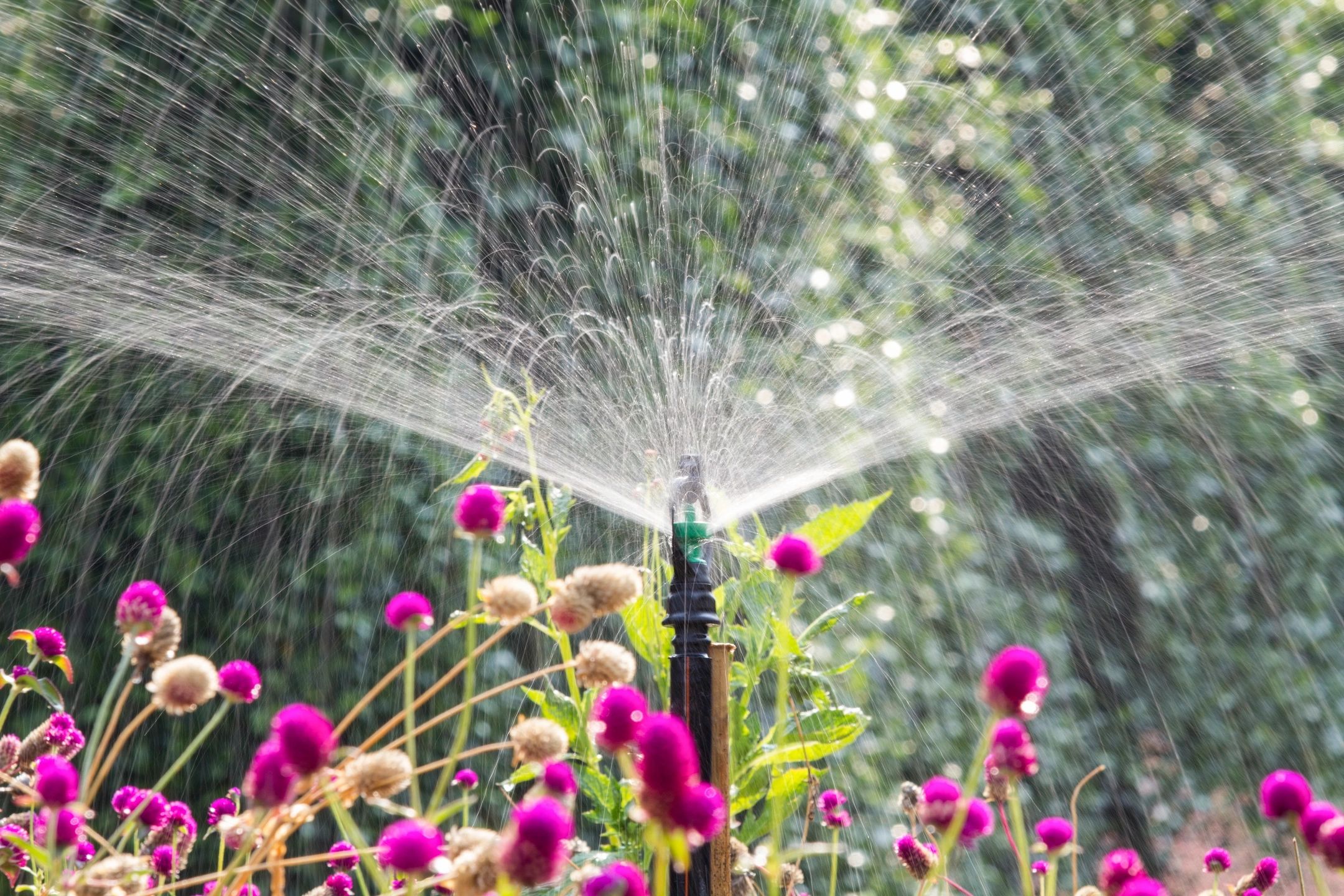Adjust Your Irrigation

Adjusting your irrigation system in Central Florida during the spring is crucial for maintaining healthy landscapes and conserving water. With the arrival of spring, temperatures rise, rainfall patterns change and plant growth accelerates, necessitating adjustments to irrigation schedules. Here are some key considerations and best practices for adjusting your irrigation system in Florida during the spring:
Monitor Weather Conditions: Stay informed about local weather forecasts and patterns. In spring, Central Florida transitions from drier winter conditions to more frequent rainfall. Adjust irrigation schedules accordingly to avoid overwatering during periods of increased rainfall.
Check Soil Moisture Levels: Assess soil moisture levels regularly using a soil moisture meter or manually checking the soil's moisture content. Adjust irrigation frequency and duration based on soil moisture readings to prevent under and overwatering.
Consider Plant Needs: Different plants have varying water requirements. Determine the specific water needs of each plant species in your landscape and adjust irrigation schedules accordingly. Native plants and drought-tolerant species typically require less water than non-native or water-intensive plants.
Time of Day: Schedule irrigation during the early morning hours when temperatures are cooler, and wind speeds are lower. This reduces water loss due to evaporation and ensures efficient plant water uptake. Avoid watering during the hottest part of the day to minimize water loss through evaporation.
Adjust Irrigation Duration and Frequency: As temperatures rise in spring, plants may require more water to support their growth and development. Increase irrigation frequency and duration gradually as needed, but be mindful not to overwater, which can lead to water waste and root rot.
Utilize Smart Irrigation Technology: Consider upgrading to a smart irrigation system that utilizes weather data, soil moisture sensors, and plant water requirements to adjust irrigation schedules automatically. Smart irrigation controllers can optimize water use by irrigating only when necessary, leading to significant water savings.
Inspect and Maintain Irrigation System Components: Inspect irrigation system components such as sprinkler heads, valves, and pipes for leaks, clogs, or malfunctions. Repair or replace damaged or faulty components to ensure efficient water distribution and minimize water waste.
Comply with Local Water Restrictions: Familiarize yourself with municipal authorities' local water restrictions or guidelines. Adhere to these restrictions when adjusting your irrigation system to avoid penalties and contribute to water conservation efforts.
By following these guidelines and adjusting your irrigation system accordingly, you can promote healthy plant growth, conserve water, and maintain an attractive landscape throughout the spring season in Florida. Regular monitoring, proper maintenance, and adherence to best practices are crucial to achieving optimal irrigation efficiency and water conservation goals.
If you want some help with any irrigation issues or want an upgrade, contact your friends at ELT Landscape.
